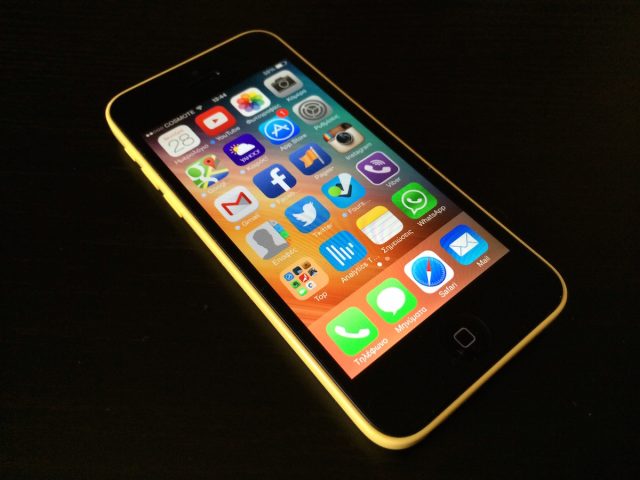
Enlarge (credit: John Karakatsanis)
Tuesday's court order compelling Apple to hack the iPhone belonging to a gunman who killed 14 people and injured 22 others has ignited an acrimonious debate. CEO Tim Cook called the order "chilling" because, he said, it requires company engineers to create the equivalent of a backdoor that could be used against any iPhone. Law enforcement officials, meanwhile, contend the order is narrowly tailored to ensure only the shooter's phone is covered.
Here's why the totality of what we know right now leans in favor of Cook and his slippery slope argument.
The order requires Apple to create a customized version of iOS that will run only on the iPhone 5C belonging to Syed Rizwan Farook. Along with his wife, Tashfeen Malik, Farook went on a deadly shooting rampage in San Bernadino. The FBI understandably wants access to the data stored on Farook's phone so investigators have a better idea of the events leading up to the deadly attack and whether the husband-and-wife team received support from unknown people. But so far investigators have been unable to unlock the device. Security measures Apple built into the iPhone limit the number of guesses they can make, and there's also concern too many guesses could cause the phone to automatically destroy the data it stores.